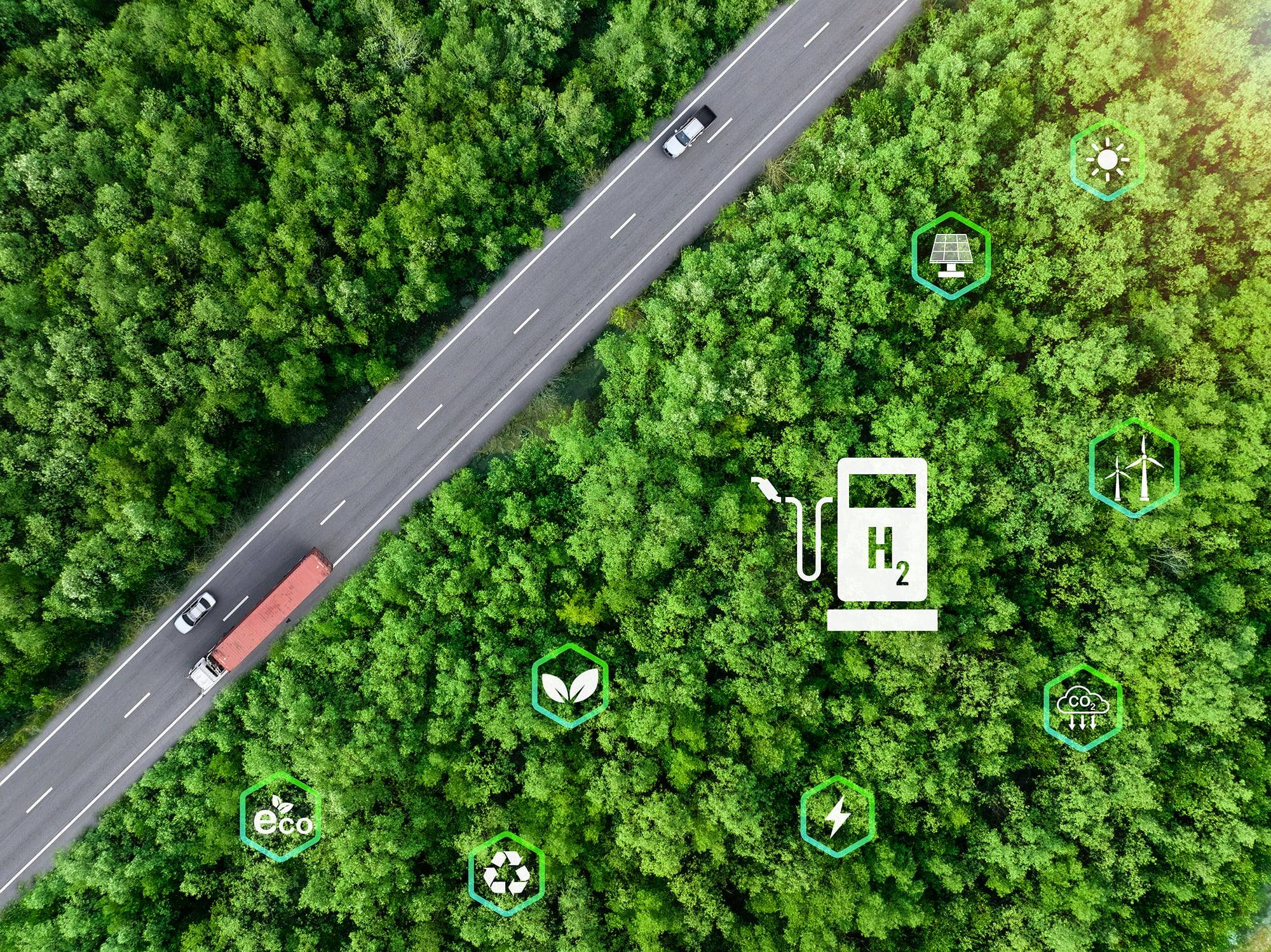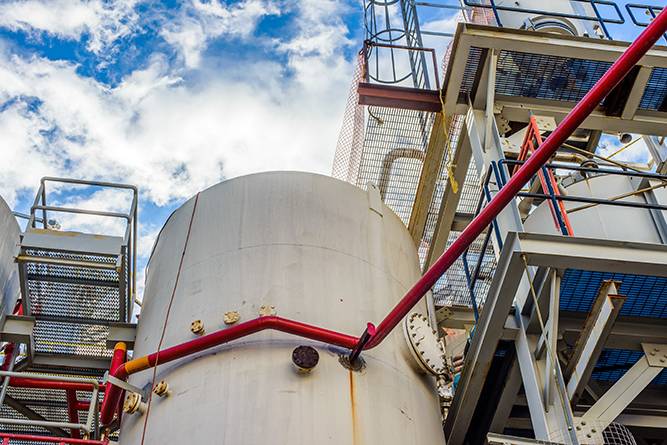
The trucking industry plays a crucial role in our global economy, transporting goods across vast distances and connecting consumers with the products they need. However, this essential industry has long faced environmental challenges, including emissions, fuel consumption, and the overall ecological impact of trucking operations. Therefore, we find it crucial to transition to more sustainable trucking practices.
In recent years, there has been a growing focus on making trucking more environmentally friendly, and as we enter 2024, exciting innovations and trends are shaping the future of environmentally friendly trucking.
Electric Trucks
One of the most significant advancements in environmentally friendly trucking in 2024 is the rapid adoption of electric trucks.
Electric trucks have been in development for years, but recent breakthroughs in battery technology have made them more viable and cost-effective than ever before. Companies like Tesla, Rivian, and Nikola are leading the charge with electric truck models designed for various purposes, from long-haul freight to last-mile delivery.
Electric trucks offer several environmental benefits.
They produce zero tailpipe emissions, reducing air pollution and greenhouse gas emissions, which are a significant contributor to climate change. Additionally, they are quieter than traditional diesel trucks, reducing noise pollution in urban areas. As battery technology continues to improve, electric trucks are becoming more competitive in terms of range and charging infrastructure, making them a practical choice for trucking companies.

Alternative Fuels
Another emerging trend in environmentally friendly trucking is the use of alternative fuels. While electric trucks dominate the headlines, other options are gaining traction. Hydrogen fuel cell trucks, for instance, are being developed as a zero-emission alternative for long-haul freight. These trucks convert hydrogen gas into electricity, emitting only water vapor as a byproduct. Companies like Toyota and Hyundai are investing in hydrogen fuel cell technology, and pilot projects are already underway.
Biofuels are also making a comeback in the trucking industry. Biodiesel and renewable natural gas (RNG) are derived from organic materials and can significantly reduce carbon emissions compared to traditional diesel. Many trucking companies are transitioning their fleets to run on a blend of biodiesel or RNG, taking advantage of existing diesel infrastructure while lowering their environmental impact.
Other Advancements in Sustainable Trucking
Furthermore, 2024 marks a significant shift in the logistics and supply chain industry. The adoption of advanced technology, such as real-time route optimization and smart load management systems, is becoming standard practice. These technologies help reduce fuel consumption and emissions by optimizing routes and ensuring trucks are carrying full loads, minimizing empty miles.
In the pursuit of environmentally friendly trucking, there is also an increasing emphasis on sustainability practices throughout the industry. Many trucking companies are implementing green initiatives like idle reduction programs, which reduce engine idling during rest periods to conserve fuel and reduce emissions. Additionally, aerodynamic improvements, such as streamlined truck designs and trailer skirts, are becoming more common, further enhancing fuel efficiency.
Moreover, the sharing economy is making its mark in trucking. Just as ride-sharing services have disrupted the taxi industry, truck-sharing platforms are emerging to optimize truck utilization. These platforms connect shippers with available trucks and help minimize empty trips, reducing fuel consumption and emissions. The sharing economy’s potential to increase efficiency and reduce the environmental footprint of trucking is a significant development in 2024.
Another promising development in sustainable trucking is the integration of autonomous driving technology. While not fully realized in 2024, self-driving trucks are on the horizon. These autonomous trucks have the potential to revolutionize the industry by improving fuel efficiency through precise driving techniques and reducing the need for rest breaks. However, challenges related to safety, regulatory approval, and public acceptance must be addressed before widespread adoption.
Moving Forward
2024 is witnessing significant advancements in environmentally friendly trucking. Electric trucks, alternative fuels, advanced logistics technology, sustainability initiatives, the sharing economy, and the potential for autonomous trucks are all shaping the future of the industry. These innovations are not only reducing the environmental impact of trucking but also increasing efficiency and reducing operational costs for companies.
As we move forward, the trucking industry will continue to evolve, with sustainability and environmental responsibility at its core.
